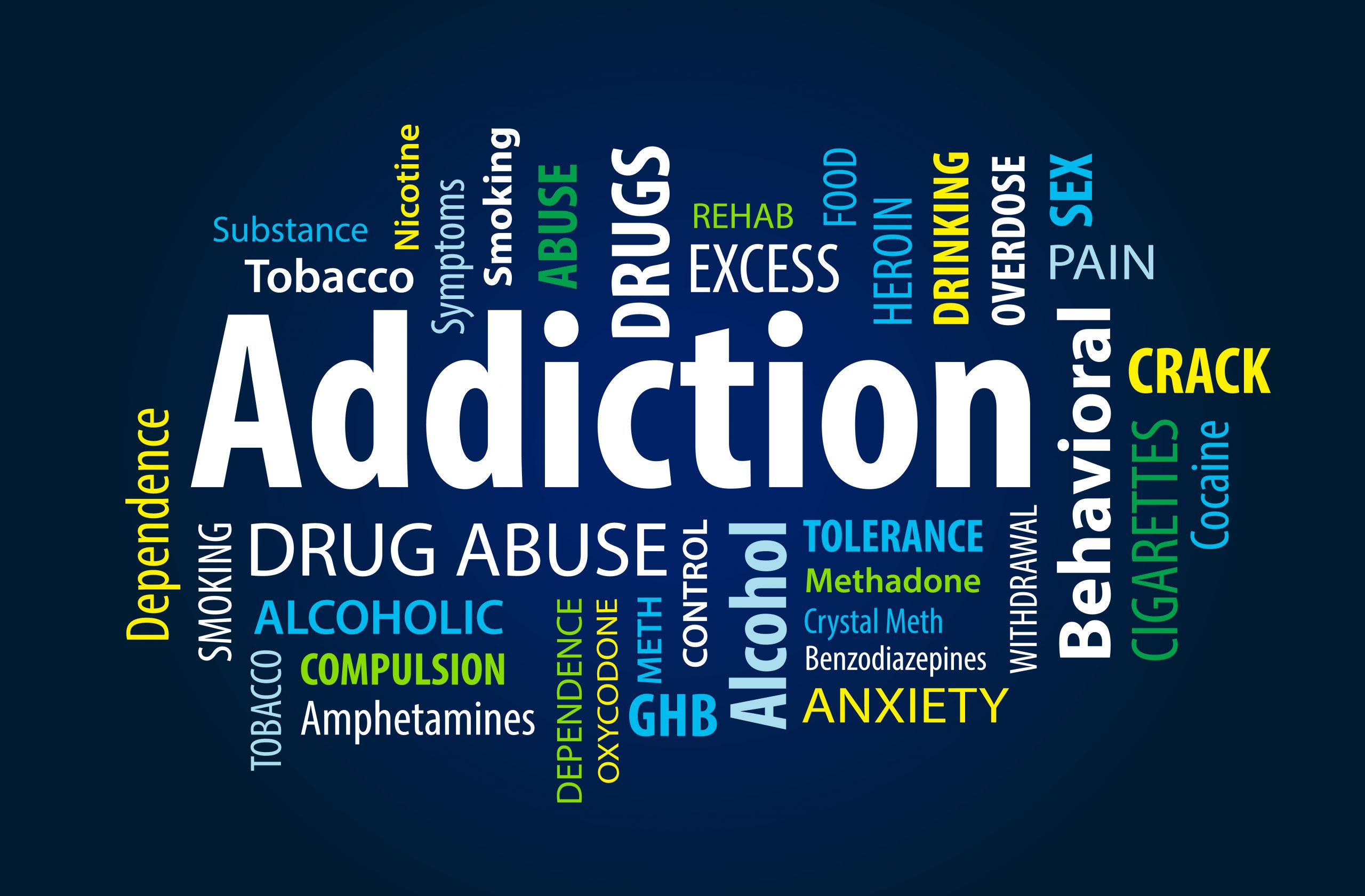Substance use occurs on a continuum, more like addiction, and not everyone who uses a substance categorically abuses it, just like substance abuse does not automatically correlate with psychological dependence. What are the differences between substance use, abuse, and dependence?
The lines aren’t always clearly defined, but what is clear is that abuse and dependence are two similar topics, while substance use can be more fluid. When talking in the arena of addiction, we will be taking a clear targeted look at what these terms mean for someone who is actively using alcohol or narcotics from the perspective of abuse, use, and dependence.
Read along to find out the differences and what you can do if you or someone you love is struggling or experiencing co-dependency, use or abuse of alcohol and/or drugs.
What is considered substance abuse vs. substance dependence?
What is considered substance abuse, as opposed to mere substance use or actual dependence on a substance? The following information is meant to clarify these subtle differences, as they are defined by clinicians who treat substance users and addicts.

Substance use, as the name implies, refers to the use of low to moderate amounts of a substance, either as a social activity or to feel the effects of the drug. In either case, substance use does not interfere with social, professional, or educational priorities, and a “substance user” can go by names such as “social drinker/smoker”. While not an automatic indicator of substance abuse, the potential for a substance user to become a substance abuser or substance dependent is exponentially high compared to a non-substance user.
How to define substance abuse isn’t as clear as you may think
Substance abuse is more strictly defined and has more to do with the negative consequences incurred by a substance abuser than the quantity or frequency of the drugs they take. For example, someone who drinks/uses infrequently, and yet incurred one of the following consequences in the last 12 months is a possible substance abuser:
- Recurrent substance use resulting in failure to fulfill obligations at work, home, or school.
- Substance use in situations that are physically hazardous.
- Substance-related legal problems
- Continued substance use despite having persistent or recurrent social or interpersonal problems caused by or exacerbated by the substance.
Binge use, or the heavy use of a substance interspersed by periods of abstinence, may qualify as substance abuse under these medical guidelines, even if the individual in question is not physically or psychologically dependent on substances.
Some people will put social drinkers or social drug users under the category of binging or socially participating. Although use and abuse here are fine lines, if there are clear signs an individual is dependent on drugs or alcohol, they should seek help immediately.
What is substance dependence in the world of addiction?
The last category, substance dependence, is a pattern of use that results in 3 or more of the following within a twelve-month period:

- Tolerance-needing more of the drug to get “high”
- Withdrawal- physical symptoms when substances are not used, such as nausea, shakiness, and anxiety.
- The substance is taken in larger amounts and over a longer period than intended
- Persistent desire or unsuccessful efforts to cut down or control substance use
- A great deal of time using, procuring, or recovering from the effects of the substance
- Huge negative impact on social and professional responsibilities
- Continued use despite drug education
Start Recovery Now
Whether you or someone you love is struggling with use, abuse, or dependence on drugs and alcohol, it is time to seek professional help. Our team at United Recovery Project specializes in rehabilitation, and we want to help you or your loved one to get back on the path of recovery.
References and Resources


